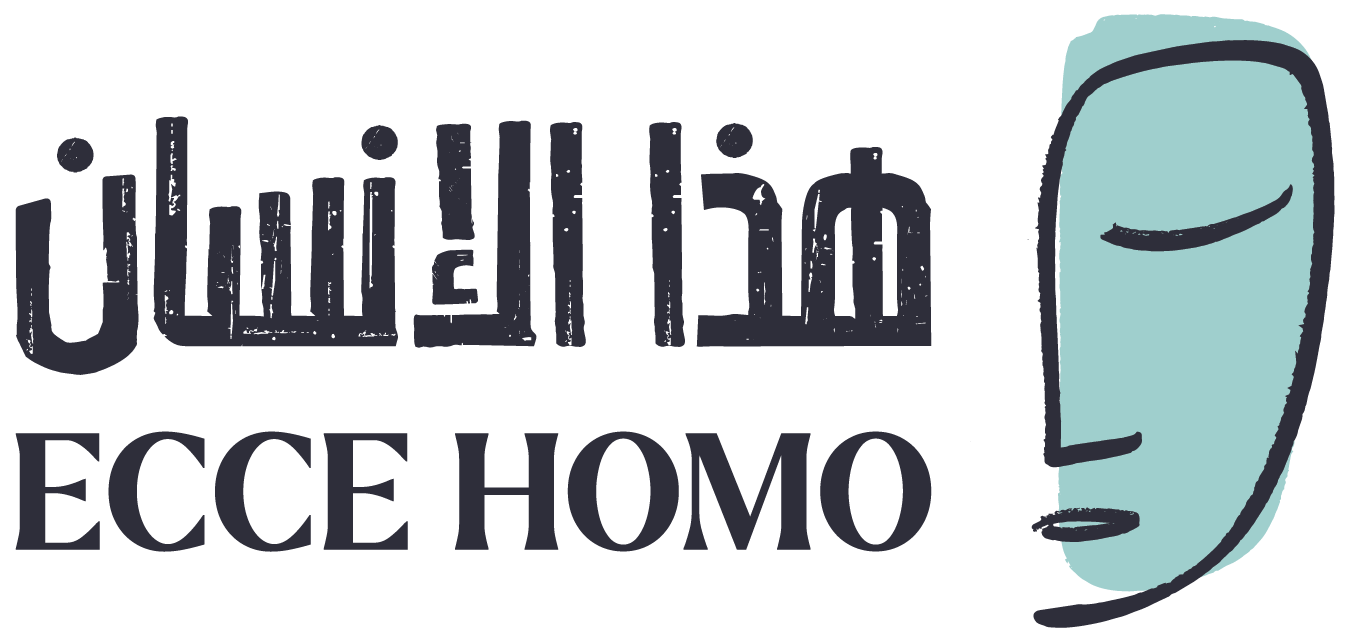What does it mean to be a refugee? The question might immediately trigger an image on a TV news story, a figure in a statistic you read, the name of a humanitarian project beneficiary or, possibly, a scene featuring a displaced child gazing from behind the barbed wire of a refugee camp. But who are refugees, really? And how did war reduce them to mere images, snippets – a seemingly homogenous mass? What does it actually mean to be a refugee?
Our blog moves refugees beyond the cold classifications forced upon them by the scenes of war. Rather, the blog strives to speak to us through the refugees themselves, through their voices, personalities, stories, experiences, challenges, and the hardships they face. The story of “Ecce Homo” is the narrative of a person uprooted from their home, their land, their work and their environment – left in limbo, tossed about by political interests, pulled around by humanitarian projects, and marginalized by those speaking on their behalf as if they did not exist. It is also the story of an individual who chooses to stand in the face of circumstances, to make a difference, to bestow hope, and to challenge the prevailing stereotypes.
This person could be anyone of us, and every one of us, anywhere in the world. This person has their own memories, sorrows, aspirations and fears. As we tell these stories, we remind ourselves of our common humanity and the importance of working to build a culture of dialogue and respect for rights, to revive the values of listening, understanding and empathy, while attempting to record the refugee’s narrative so that it remains alive in the memory of future generations.
To ask “what does it mean to be a refugee?” is to actually ask “what does it mean to be a human being?”.
Once such conversation takes place, the first question becomes fundamentally different. To ask “what does it mean to be a refugee?” is to actually ask “what does it mean to be a human being?”.

